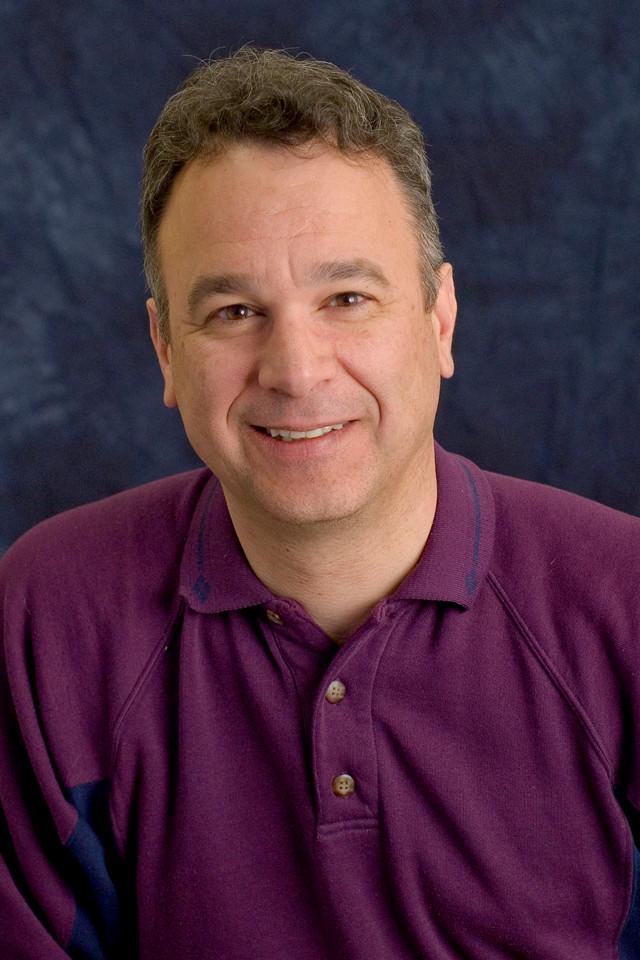
报告人:Ted A. Scambos(资深研究员Senior Research Scientist)
时间:2023.4.21 9:00-10:30
Zoom会议:896-342-27391
密码:见邮件或班级通知
报告人简介
Dr. Ted Scambos is now a Senior Research Scientist at the University of Colorado’s Earth Science and Observation Center at University of Colorado Boulder. Prior to this position, he was Lead Scientist at the National Snow and Ice Data Center for 14 years (2004-2018), a part of the university. He received degrees in geology and geochemistry from University of Stony Brook, Virginia Tech, and the University of Colorado. Dr. Scambos' research has focused on the use of remote sensing to study the polar regions, and the exploration of the effects of climate change on the poles. He has been on 21 expeditions to Antarctica, working with the British, Australian, South Korean, Argentinian, and Norwegian research programs to explore most areas of the continent and its surrounding ocean. He has published extensively on polar ice loss and glacier acceleration, changes in Arctic and Antarctic sea ice, the evolution of icebergs, and wind-snow interactions on the high East Antarctic Plateau. He is currently the Principal Investigator for the Science Coordination Office of the International Thwaites Glacier Collaboration. Dr. Scambos contributes to two ongoing science analysis blogs, the Arctic Sea Ice News and Analysis report (nsidc.org/arcticseaicenews/) and Greenland Today report on ice sheet melting (nsidc.org/greenland-today).
报告简介
The talk will be an overview of published and unpublished work on the disintegration events seen in the Larsen A and B ice shelves, iceberg break-up events as a text of disintegration models, and the evolution of the hydrofracture model to include sub-surface water layers (firn aquifers) as a possible disintegration agent and long-period ocean waves as a trigger for break-up events. The renewed activity in the Larsen B embayment after the loss of multi-year fast ice in the embayment due to wave action will be presented as well.